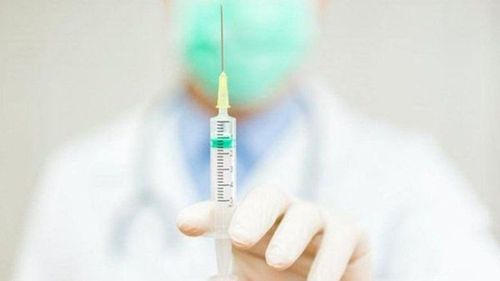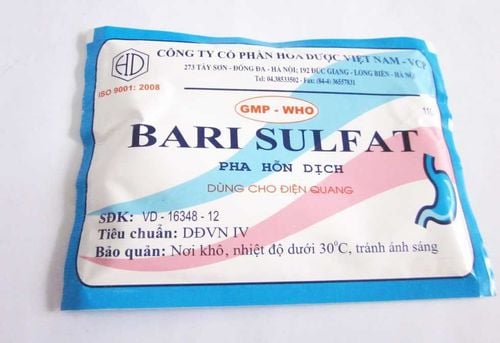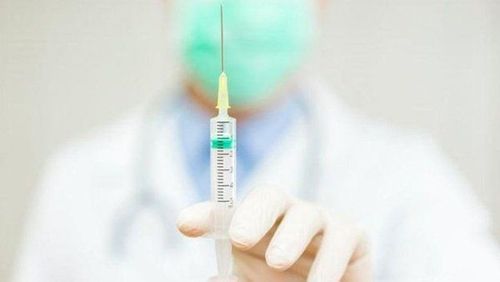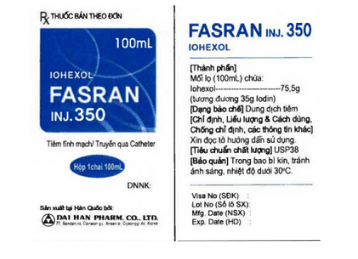This is an automatically translated article.
The article is expertly consulted by Master, Doctor Nguyen Hong Hai - Doctor of Radiology - Department of Diagnostic Imaging and Nuclear Medicine - Vinmec Times City International General Hospital. The doctor has many years of experience in the field of diagnostic imaging.Computed tomography (also known as CT scan) is divided into two types of imaging, including contrast-enhanced or non-contrast. Depending on the patient's medical condition and health, the doctor will determine whether to use contrast dye or not. The following article will help you better understand about contrast-enhanced tomography.
1. Learn about contrast agents used in CT
Contrast is a solution containing iodine, which is prescribed by the doctor to be put into the body when taking a CT scan. This drug enhances the contrast between the lesion and the surrounding healthy tissue when performing a CT scan. In simpler terms, the contrast makes a structure or lesion appear bright white on a CT scan, making it easier for doctors to see on the resulting images.Therefore, CT with contrast will help to better clarify a tissue or lesion, thereby improving the accuracy of CT scan diagnosis. The use of this drug is very effective because it does not limit the area of tissue or damage to be examined by the patient.
In addition to the advantages, the use of contrast agents in tomography also has certain disadvantages, that is, after the drug is introduced into the patient's body, it may cause some side effects. However, the side effects that occur from the use of contrast agents are basically just some discomfort and inconvenience to the patient's body but are usually not life-threatening for the patient. Symptoms due to side effects of the drug often appear such as nausea, low fever or rash, hives, skin redness, ... Go through the examination process before the CT scan, if the doctor finds the patient If you have a more severe than normal allergy to contrast, you will not be prescribed this drug. Doctors often look through whether the patient is allergic to iodine or not to determine whether or not the patient is allergic to contrast.

2. What are the indications and contraindications for using contrast agents when taking CT scans?
2.1. Indications for use of contrast material during CT scan
The following are the cases in which contrast is indicated during the CT scan:To make a more accurate diagnosis for patients with internal inflammation or abscesses, the doctor will administer contrast medium. light into the patient's body. A number of diseases related to blood vessels such as aneurysms, vascular malformations or vascular dissection need to be carefully diagnosed through CT scanning. For patients with suspected tumours, the physician will need to more clearly evaluate the structure and nature of the tumor, so contrast injection is essential. Because the abdominal cavity is large and difficult to visualize, patients requiring CT scanning of this area will be required to use additional contrast media to simplify the visualization of the lesion after obtaining a CT scan. In addition, special disease cases that require high accuracy in diagnostic images such as checking the degree of calcification, finding the source of the blood vessels or determining the area that needs perfusion, etc., need CT scan to check.
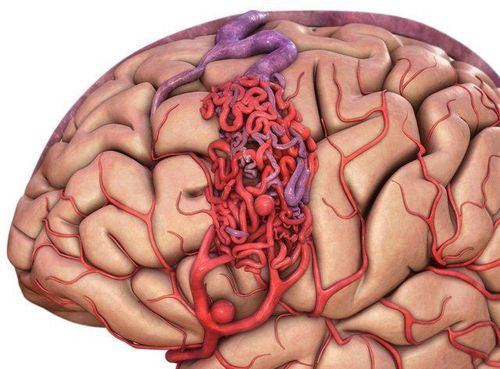
2.2. Contraindications to the use of contrast agents in CT
Contrast will be contraindicated for use when taking CT scans in the following cases:Women in pregnancy. Patients allergic to contrast or atopic allergy. In the event that contrast is required, the patient should take antihistamines or steroids before the scan, and also have resuscitation facilities ready. Patients with chronic diseases such as hyperthyroidism, diabetes, sickle cell disease, asthma. Patient has multiple myeloma. Patients with decompensated heart failure or liver failure. Patients with severe renal failure grade 3, 4. In case the use of contrast is required, immediately after the injection, the patient needs to undergo hemodialysis.

3. Total dose and rate of contrast injection injected into the body during CT
3.1. Total dose of contrast agent injected into the body
The standard dose of contrast agent used in CT scans is usually referenced to the patient's weight:Under 75kg: 100cc From 75-90kg: 120cc Over 90kg: 150cc However in some cases patients have CT scan for purpose For pancreatic cancer or liver metastases, doctors can use a maximum dose of 150cc.
3.2. Speed of contrast injection into the body
5cc/sec if 18G needle is used in most indications. 3-4cc/s if using a 20G needle in case it is not possible to inject 5cc/s quickly or when it is not needed (for example, in case the doctor just wants to see the late portal vein).4. Things to keep in mind when doing contrast injection tomography
4.1. What should I pay attention to before taking a contrast injection tomography?
Before performing contrast injection, the doctor and the patient need to carefully discuss the possible risks, take the medical history, and do a clinical examination. At the same time, the patient must actively inform the doctor about his or her condition if in the following cases:Medical history: Especially kidney disease, asthma, diabetes, heart failure, hypertension pressure, thyroid disease, ..., current drugs, cardiovascular interventions or implants in the body.
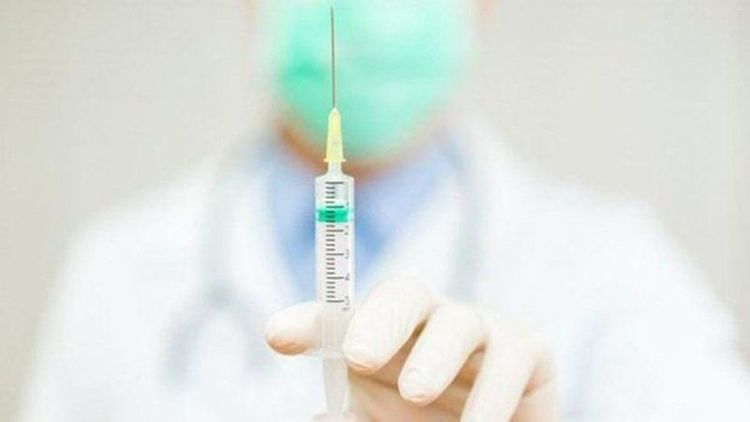
4.2. What should be kept in mind during contrast injection tomography?
The lying position when taking CT contrast injection depends on the requirements of the pathology diagnosis. Usually, the basic position that you are instructed by the medical staff is to lie on your back on the table.Contrast CT scan is painless, so the most important thing to note is that the patient must remain absolutely still during the scan. Please feel free to relax and focus on following the instructions of the specialist.
If you experience a feeling of hot flashes or mild discomfort after the contrast injection, this is completely normal.

4.3 What should I pay attention to after contrast injection tomography?
For patients undergoing CT scan with added contrast, after the scan is over, the medical staff will help take you down and check your body condition. The patient will rest and monitor for an additional 30 minutes, this monitoring will ensure that you are not facing any unusual problems from taking the medicine. If the patient's condition is stable, then return and return for a follow-up appointment according to the doctor's appointment.After the end of the tomography process, the patient's body will gradually eliminate the injected contrast agent. In subjects with normal renal function, approximately 2 hours is the half-life of most currently used contrast agents, and is essentially eliminated from the body in 20- 24 hours.
Contrast injectable tomography method promotes its best effect when conducted by highly qualified and experienced doctors with the support of a system of modern machinery and equipment. and advanced.
In order to meet the needs of medical examination and treatment, currently Vinmec International General Hospital has been and continues to bring in a system of modern machines such as magnetic resonance imaging (MRI), computed tomography (CT), X-ray, etc. ... in the work of medical examination and treatment, diagnostic imaging, disease treatment. Accordingly, the imaging, diagnostic and follow-up procedures at Vinmec are all performed by experienced specialists, capable of early detection of many diseases since there are no symptoms. Especially in order to bring high efficiency in medical examination and treatment, Vinmec now also designs many accompanying medical services, bringing many conveniences to customers.
Please dial HOTLINE for more information or register for an appointment HERE. Download MyVinmec app to make appointments faster and to manage your bookings easily.







